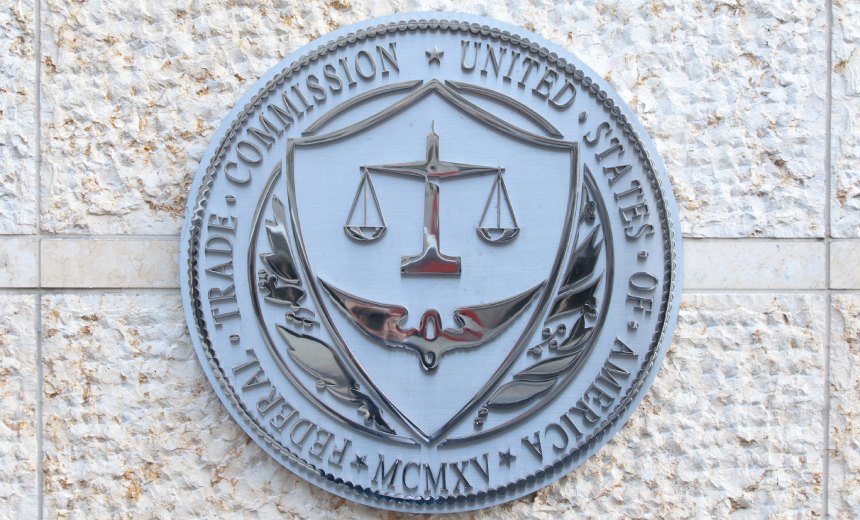FTC Investigates OpenAI's ChatGPT: What This Means For AI
The FTC's investigation into OpenAI's ChatGPT stems from serious concerns about the potential harms associated with powerful large language models (LLMs). The agency is reportedly examining several key areas:
Bias and Discrimination:
ChatGPT, like many AI systems, is trained on massive datasets that may reflect existing societal biases. This can lead to AI outputs that perpetuate stereotypes or discriminate against certain groups based on race, gender, religion, or other protected characteristics. The FTC is likely concerned about the potential for unfair or discriminatory outcomes resulting from ChatGPT's use.
Privacy Violations:
The training and operation of ChatGPT involve the collection and processing of vast amounts of user data. The FTC is likely investigating whether OpenAI has adequately protected user privacy and complied with data protection regulations like COPPA (Children's Online Privacy Protection Act) and GDPR (General Data Protection Regulation). Concerns include the potential for unauthorized data collection, use, or disclosure.
Misinformation and Deepfakes:
ChatGPT's ability to generate human-quality text raises concerns about its potential for misuse in spreading misinformation, creating deepfakes, and engaging in other malicious activities. The FTC is likely assessing OpenAI's measures to prevent the use of ChatGPT for these harmful purposes.

Unfair or Deceptive Practices:
The FTC might be scrutinizing whether OpenAI's marketing and representations of ChatGPT's capabilities are accurate and not misleading consumers about its limitations and potential risks.
Enhanced Safety Protocols:
OpenAI is expected to be implementing stricter safety protocols to mitigate the risks associated with bias, misinformation, and privacy violations. This might involve improved content moderation, data filtering techniques, and bias detection algorithms.

Improved Data Handling Practices:
OpenAI is probably refining its data collection, storage, and processing practices to ensure compliance with relevant regulations and enhance user privacy. This could involve changes to its terms of service and data policies, increased transparency about data usage, and strengthened data security measures.
Bias Mitigation Strategies:
OpenAI is likely investing in research and development to address bias in its AI models. This might include efforts to improve data diversity, develop more robust bias detection techniques, and employ fairness-aware algorithms.
Increased Regulation:
The investigation could lead to increased scrutiny of other AI companies and potentially trigger new regulations for the development and deployment of AI technologies. This might involve stricter guidelines for data privacy, bias mitigation, and content moderation.
Impact on Innovation:
While increased regulation might slow down innovation in some areas, it could also spur the development of more robust, ethical, and trustworthy AI systems. Companies might prioritize safety and responsible practices to avoid regulatory penalties and maintain public trust.
Stakeholder Collaboration:
The future of AI requires a collaborative approach involving governments, researchers, businesses, and users. Open dialogue and collaboration are essential to establish ethical guidelines, develop effective regulations, and ensure the beneficial use of AI while mitigating risks.

The debate on balancing innovation and safety is paramount. Excessive regulation could stifle progress, while insufficient oversight could lead to unforeseen harms. Finding the right balance will be crucial for the healthy development of the AI industry.
The FTC investigation is likely to significantly affect public perception and trust in AI technologies.
Erosion of Trust:
Negative publicity surrounding the investigation could erode public trust in AI, particularly in applications that handle sensitive personal data.
Data Privacy Concerns:
The investigation highlights the need for greater transparency and accountability regarding how AI systems collect, use, and protect user data.
Shifts in User Behavior:
Users might become more cautious about adopting new AI tools or sharing personal data with AI-powered applications.
Building consumer trust requires a concerted effort to prioritize transparency, accountability, and user privacy. Open communication about the potential risks and benefits of AI, along with robust data protection measures, are essential for fostering public confidence.
The FTC's investigation into OpenAI's ChatGPT marks a critical juncture in the development of AI. The investigation's findings will have a profound impact on OpenAI, the broader AI industry, and consumer trust. The key takeaways are the need for increased attention to bias, privacy, and responsible development practices. This investigation underscores the critical importance of responsible AI development and the need for effective regulations to ensure that AI technologies are used safely and ethically. To stay informed about the evolving landscape of AI ethics and regulation, stay updated on the FTC's investigation into OpenAI's ChatGPT, learn more about responsible AI development, and follow the ongoing discussion on AI regulation and its impact. The future of AI depends on our collective commitment to building a future where AI benefits everyone.




















